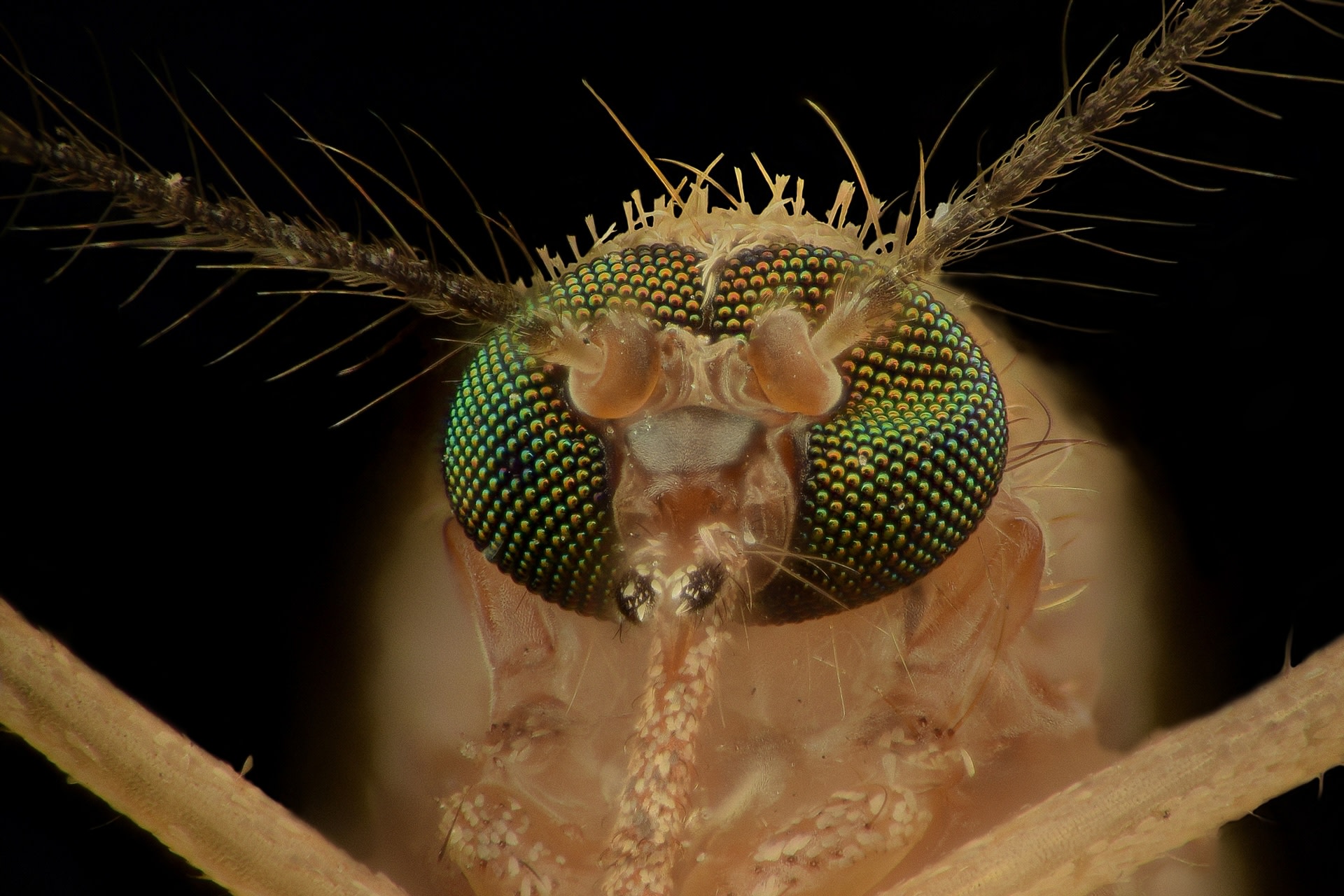Mosquito species typically found in tropical and subtropical climates are becoming increasingly common in Europe, bringing with them diseases such as West Nile virus and dengue.
What’s happening?
Warmer weather and increased travel is to blame for this shift, according to Euronews.
The publication cited data from the European Centre for Disease Prevention and Control that noted 1,436 cases of West Nile and 304 dengue infections were acquired in Europe in 2024, compared to just 201 over the two previous years combined. France has already had seven outbreaks of chikungunya this summer, it added.
“It’s an exponential curve,” Jan Semenza, an environmental epidemiologist at Sweden’s Umeå University, told the news site.
Semenza is one of several researchers who believe that certain mosquito-borne illnesses typically found in tropical and subtropical regions, such as chikungunya and dengue, will eventually become endemic in Europe.
Why are these trends concerning?
This isn’t limited to Europe. Scientists warn that rising global temperatures and wetter weather in regions across the globe are creating the perfect conditions for disease-carrying mosquitoes to thrive and expand their ranges.
|
Want to go solar but not sure who to trust? EnergySage has your back with free and transparent quotes from fully vetted providers that can help you save as much as $10k on installation.
|
For instance, a recent study predicts that several mosquito species will spread across the Americas in coming years thanks to warming weather trends.
Examples abound. For one, 2024 was already named “the worst year for dengue cases on record” by the World Mosquito Program. Health officials in Florida sounded the alarm there after several cases of locally acquired dengue in the wake of Hurricanes Helene and Milton. And many areas of the United States, such as New Jersey, are reporting earlier West Nile virus seasons this year.
What’s being done about mosquito-borne illnesses?
Across the world, governments are trying to help minimize mosquito populations to protect citizens. There’s a “bounty” program in one Manila, Philippines, neighborhood that pays residents for any mosquitoes they can round up, dead or alive. In a Florida county, officials are turning to X-ray technology to zap invasive mosquitoes.
Still, Semenza told Euronews it’s impossible to eliminate mosquitoes. That’s why he suggests that European governments focus on other efforts, such as boosting surveillance in hotter southern countries during summer, especially near airports and other transit hubs.
Euronews also summarized initiatives from across the region that are meant to reduce disease burdens. For instance, people in Spain can submit photos of mosquitoes to an artificial intelligence-powered identification app that issues an alert if the species hasn’t been detected in the area before.
Join our free newsletter for good news and useful tips, and don’t miss this cool list of easy ways to help yourself while helping the planet.
